The Knesset would be able to pass religiously-driven laws that prop up gender separation, allow work discrimination, deny religious services, and harm property rights
By Susan Weiss
Published in the Times of Israel Blogs
MAR 15, 2022, 2:19 PM
The proposed ‘override clause,’ a mechanism that would allow Israel’s Knesset to override a Supreme Court ruling deeming legislation unconstitutional, is bad for us Israelis – men, women, minorities, persons of whatever sexual orientation. It is particularly bad for Jewish women when their rights are challenged in the name of religion, God and the Jewish People. It is bad because it gives the Knesset the almost unfettered power to draft religiously-inspired legislation that infringes on the rights of women, leaving all of us no place to go for redress.
In Israel there is no government agency dedicated to identifying and correcting violations of human rights; Israel’s Justice Department has no Division of Civil Rights. There is no separation of church and state. Only the judiciary stands guard, armed with a weak constitution – the Basic Laws – which is filled with holes and exceptions, to act as some sort of protective shield in the face of the coercive powers of the state.
As the founder and executive director of the Center for Women’s Justice (CWJ), a legal advocacy organization that has leveraged the judiciary to remedy violations of women’s rights, I’ve seen first-hand how the Supreme Court has, in the past – sometimes, tentatively and equivocally – protected Jewish women from forced gender separation, work discrimination, the withholding of religious services, and the effacement of property rights. Should the override clause be passed, it will not only embolden religious state actors and communities to ratchet up their infringements on the rights of women, but it will also chill the ardor of an already hesitant and tentative Supreme Court to respond to such infringements – whether those infringements take the form of religious legislation, rabbinic regulations, religious court decisions, or religious community practices.
Read more in the Times of Israel >
